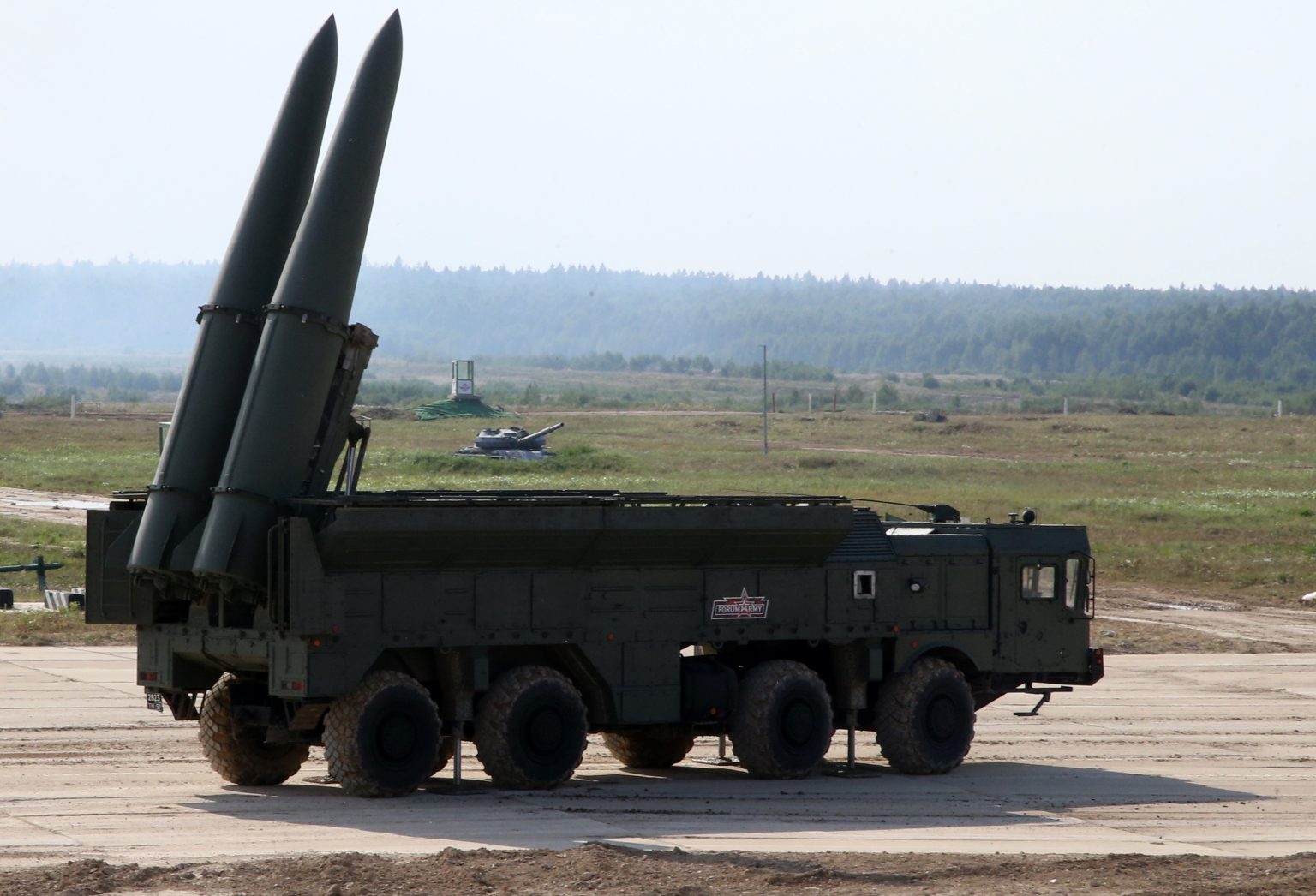Russia recently announced the deployment of nuclear-capable missile systems to its border with Finland, following Finland’s decision to join NATO after decades of neutrality, which Russia viewed as provocative. The Iskander-M missile systems, capable of launching conventional and nuclear missiles, were deployed in the Russian republic of Karelia as part of the newly formed Leningrad Military District. However, the move was met with a dismissive response from retired Major General Harri Ohra-aho, who believed that the deployment would not change anything and that Finland should defend against the Iskander missiles regardless.
The Iskander-M missile system, also known as the SS-26 Stone, is a mobile short-range ballistic missile system capable of carrying nuclear warheads weighing up to 1,500 pounds. With the ability to reach altitudes of over 30 miles and travel at speeds of up to seven times the speed of sound, the Iskander systems are considered a significant weapon in Moscow’s arsenal when threatening Europe. They were used in tactical operations during Russia’s invasion of Ukraine and were deployed near the Norwegian border during a military exercise in 2017, highlighting their strategic importance in Russia’s military operations.
Finland, which shares a border of over 830 miles with Russia, has had a strained relationship with its neighbor, particularly following Russia’s FSB involvement in directing migrants to enter Finland in what Finnish authorities described as a hybrid operation. The deployment of Iskander missile systems to the border has raised concerns about potential security threats and the strategic implications for Finland. However, Major General Harri Ohra-aho expressed skepticism about the effectiveness of bringing missile systems with such a long range closer to the Finnish border, suggesting that they could be easy targets for Finnish defenses.
In response to increased military tensions with Russia, NATO initiated its largest cyber defense exercise, Locked Shields, in Tallinn, Estonia. The exercise aimed to enhance the alliance’s preparedness for cyber threats following Moscow’s cyber attacks against Ukraine and its digital infrastructure. Amid growing concerns about potential Russian aggression against NATO member countries, President Joe Biden, other NATO leaders, and analysts have warned of the possibility of Russian military actions against alliance countries. While Vladimir Putin has rejected claims that he intends to attack NATO countries, the alliance remains vigilant and prepared to respond to any potential threats.
Overall, Russia’s deployment of Iskander missile systems to its border with Finland underscores the heightened tensions in the region following Finland’s decision to join NATO and Russia’s military actions in Ukraine. The strategic implications of the Iskander systems, their nuclear capabilities, and the potential security threats they pose to Finland have raised concerns among military experts and analysts. As NATO continues to strengthen its defense capabilities and conduct cyber defense exercises, the alliance remains focused on deterring any potential aggression from Russia and safeguarding the security of its member countries.















